Zdálo se, že osvobození reportéra Stephena Farrella z New York Times ze zajetí Talibanu byla vcelku jasná záležitost. Při akci bohužel zahynul jeden voják, Farrellův tlumočník a afghánští civilisté, nicméně se neustoupilo Talibancům a rukojmí byli osvobozeni. V posledních 24 hodinách se však vyrojilo několik textů, které kladou různé otázky rozdělitelné do dvou oblastí.
Za prvé, kritika politiků za to, že k osvobozovací akci dali svolení. V londýnských Timesech se objevil článek, který kritizuje britského premiéra Gordona Browna za to, že schválil akci na osvobození Farrella, protože podle vyjednavačů by trvalo jen několik dnů a rukojmí by byli propuštěni mírovou cestou:
…several sources in Kabul said that the captors were, at worst, seeking a ransom. A Western source involved in the talks said: “There was no immediate urgency that they were going to be beheaded or handed over to another group. You cannot move them easily. It’s a very isolated area.” Another Western official said: “It was totally heavy-handed. If they’d showed a bit of patience and respect they could have got both of them out without firing a bullet. Instead, they ended up having one of their own killed, the Afghan killed and civilians killed. There’s a lot of p****d-off people at the moment.”
V New York Times ovšem tvrdí, že zásah byl nutný kvůli informacím o chystaném přemístění rukojmích do Pákistánu, kde by byli mimo dosah záchranných jednotek.
A senior Afghan official and Mr. Farrell described a situation where after two days in captivity, the hostages’ situation turned more menacing. They said it seemed likely that Taliban leaders from outside the immediate district in Kunduz Province were planning to move the captives across the border into neighboring Pakistan.
Za druhé, v tomto případu se objevuje etická rovina. Především na blozích vypukla debata o tom, zda mají novináři v případě únosu právo na speciální zacházení. Stalo se to, že média solidárně o zadržení Farrella a jeho překladatele mlčela. Snad jedinou výjimkou byl Bill Roggio na The Long War Journal. Okamžitě byl žádán, aby svůj příspěvek stáhl, protože může ohrozit život unesených, respektive zvýšit jejich cenu pro únosce. Bill Roggio to odmítl.
Multiple sources in Afghanistan tell me that The New York Times is attempting to suppress the reporting on Farrell’s kidnapping. The New York Times did the same thing when journalist David Rohde was kidnapped in eastern Afghanistan late last year. Rohde escaped from a Haqqani Network compound in North Waziristan earlier this year. While Rohde’s kidnapping was not publicized, his escape was the subject of abundant reporting. The media has not afforded the US military the courtesy of a news blackout when US troops have been captured in Iraq and Afghanistan.
Popis z druhé strany lze nalézt na blogu Abu Muqawama v textu o etice blogerů (etika je slovo, kterým se obě strany ohánějí jako mečem). Je to těžké rozhodování… Ale vlastně možná není. Pokud média mají pocit, že novináři mají v případě únosu větší šance, pokud se o události neinformuje, proč tedy ochotně a okamžitě informují o detailech únosů jiných? Zde je seznam zpráv, které The New York Times zveřejnil o únosech „nenovinářů“. Pokud se na to člověk podívá v tomto světle, co je tedy správné a etické?
Každopádně však stojí za to si přečíst Farrellův popis událostí z čtyřdenního únosu na jeho blogu. Vypíchnu dva momenty. Popis toho, jak je Talibanci vozili po provincii, což rozhodně není nejlepším vysvědčením pro NATO:
They delighted in showing off, at one point driving within 500 meters of what they said were government and NATO watchtowers — gleeful at their daring, at others they drove with headlights full on at night as they moved us from house to house, at least three different buildings a day. It became a tour of a Taliban-controlled district of Afghanistan, and that control appeared total. At no point did we see a single NATO soldier, Afghan policeman, soldier or any check to the Taliban’s ability to move at will.
A pak, vzpomínka na Sultana Munadiho, který při útoku zahynul:
I lay on the ground, gave my name and newspaper and pointed to where Sultan was lying behind me, telling them I thought he had been shot. The body was lying motionless in the ditch where I had seen him go down. I hoped he had dropped and was lying still. I knew it wasn’t the case. They told me they had his picture and would look for him, then dragged me away past the house across a rutted field and toward the helicopter landing zone. It was over. Sultan was dead. He had died trying to help me, right up to the It was over.

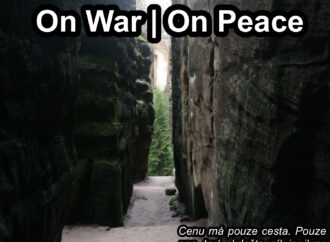
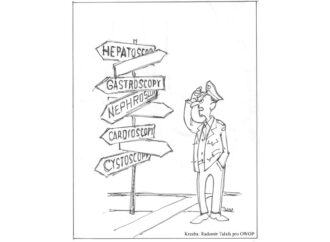

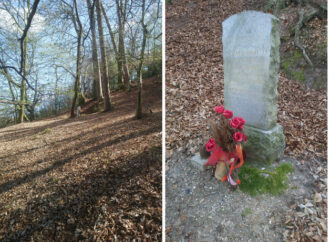
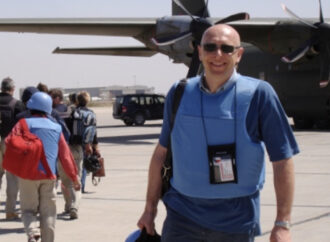
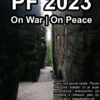
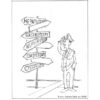
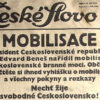
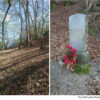
Leave a Comment
Your email address will not be published. Required fields are marked with *